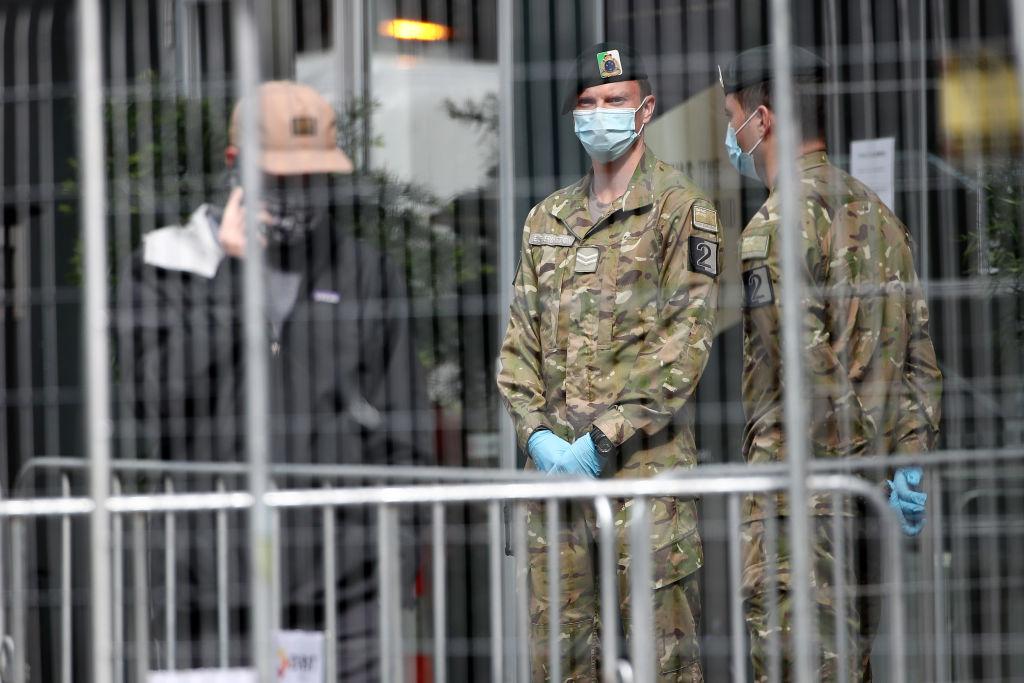The New Zealand (NZ) army has removed a winning essay from a defence force writing competition because it argues against ‘woke culture’ within the army.
Originally published on an NZ army website on July 1 along with winners of other categories, the essay titled ‘Can the Army Afford to go Woke, Benign Social Progress or National Security Threat’ argues that the postmodern concepts of diversity and inclusion are “antithetical to the Army’s ethos and values.”





